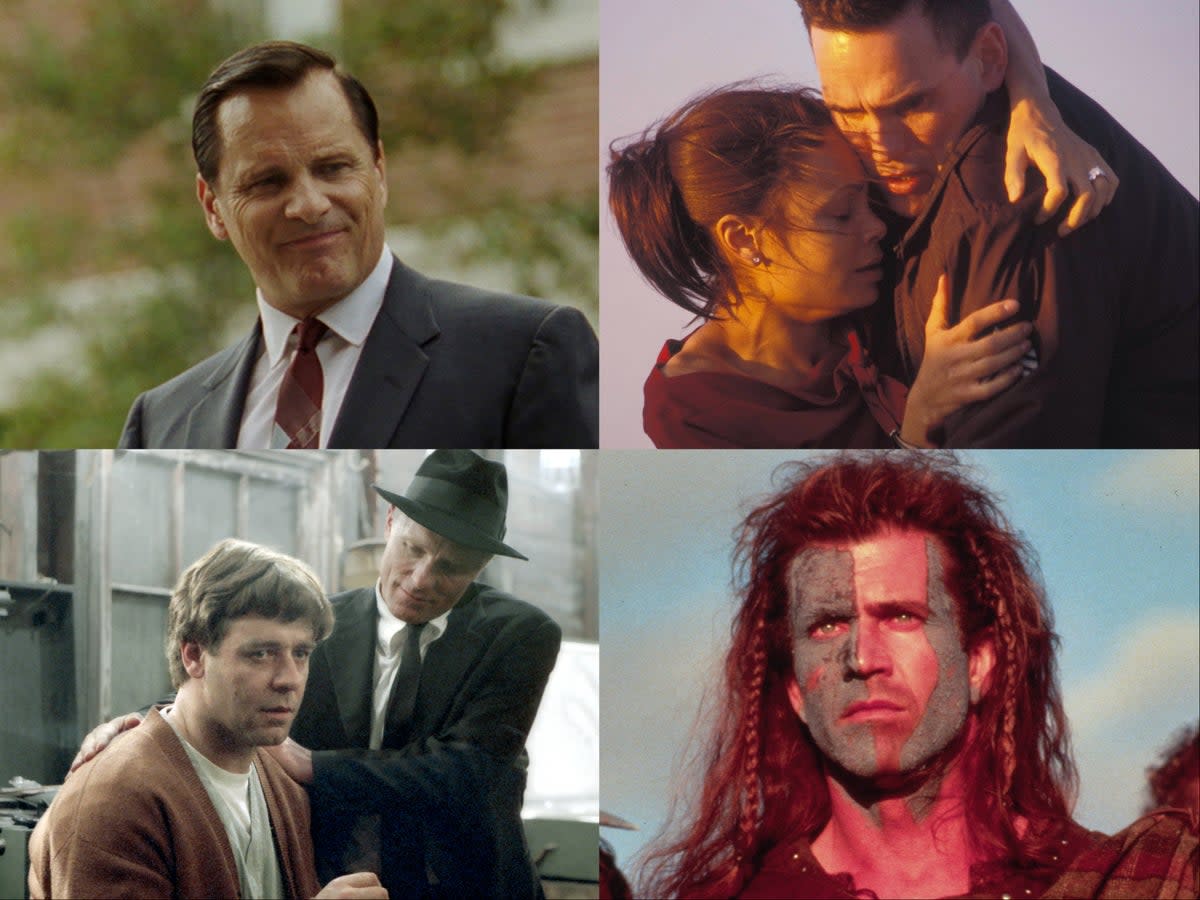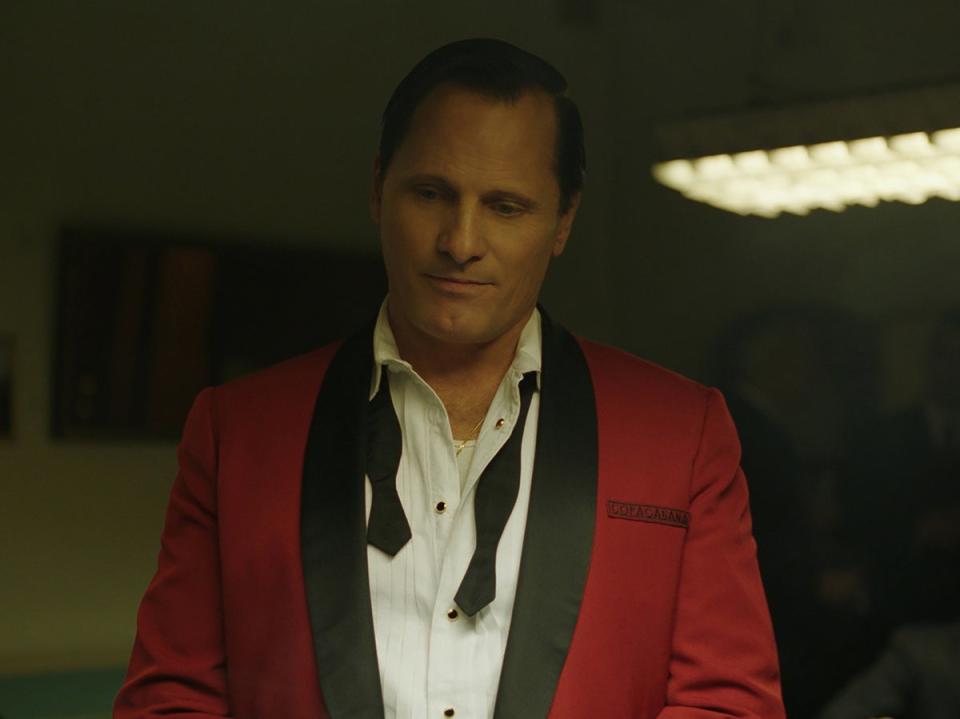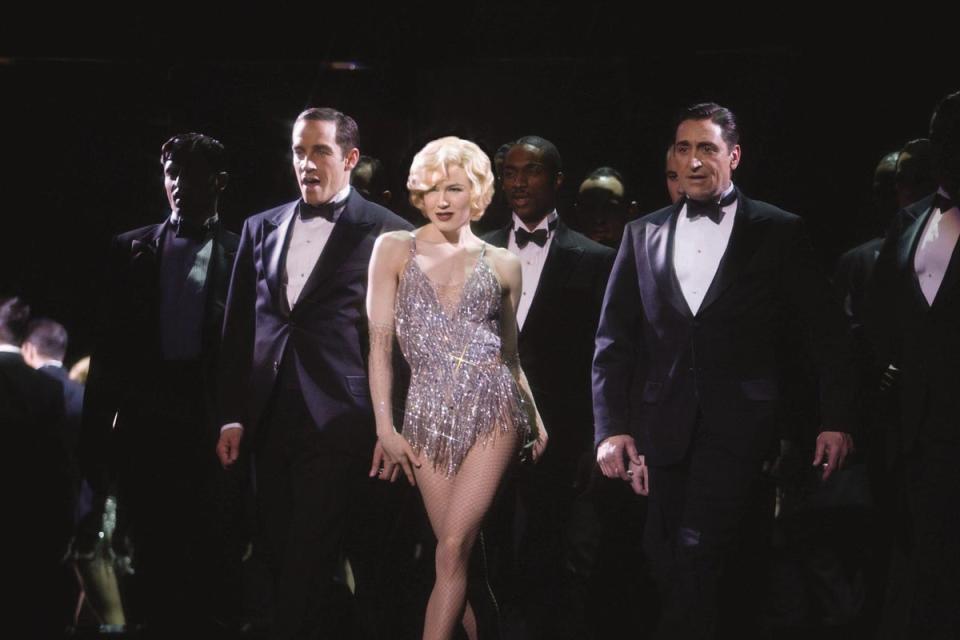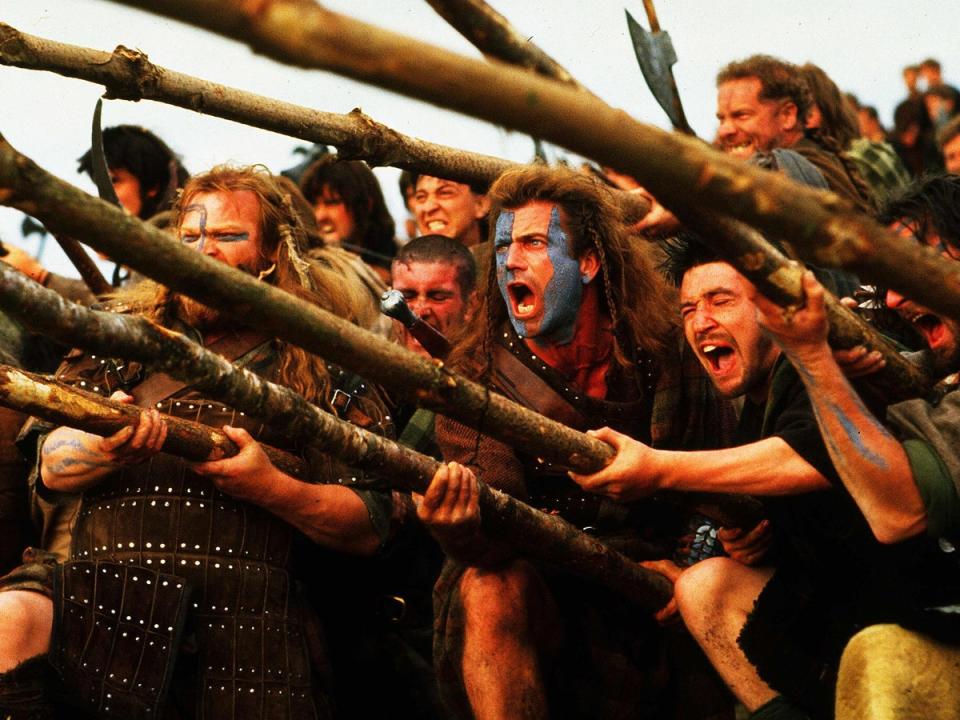The 10 worst Oscar Best Picture winners of all time, from Green Book to Braveheart

To win a Best Picture Oscar, a film has to have something about it.
Only 94 films in history have been given this award. They’re not voted on by the eccentric members of the Hollywood Foreign Press Association, who pick the Golden Globes, or by specialist groups of critics, but by the roughly 10,000 members of the Academy. That is to say, the choice is made by distinguished figures from within the industry.
Sometimes, though, they do still make some baffling choices.
By the time the Oscars roll around at the end of the awards process, a herd mentality tends to have set in.
When everybody has already voted at all the other awards shows for, say, The King’s Speech or The Shape of Water, the Academy members follow suit. It’s rare for a Best Picture winner ever to be a complete surprise.
Nonetheless, a few questionable films have stolen glory that rightfully belonged elsewhere.
Read below to see the 10 worst winners of Hollywood’s most prestigious award.
10. The Life of Emile Zola
Prestige counts at the Oscars. That is why a stodgy literary biopic like The Life of Emile Zola somehow won the main award at the 1937 Oscars. It’s a solid and worthy piece of work, with a grandstanding performance from Paul Muni (under a lot of whiskers) as the campaigning French novelist. The idea, though, that it is one of the “few truly great pictures of all time”, as its own publicity suggested, is clearly idiotic.
9. Green Book

Green Book told the true story of an unlikely friendship between a black classical pianist (Mahershala Ali) and his bigoted Italian-American driver (Viggo Mortensen). In an interview with The Independent in 2020, Mortensen argued: “It’s become a cliché to say, ‘Is this movie going to be the Green Book of this year?’ Green Book has become a pejorative.” He described the criticisms levelled at the film as “hurtful”, “destructive” as well as “mendacious and irresponsible”. Nonetheless, Green Book remains a ignominious winner: trite, saccharine, and problematic.
8. Around the World in 80 Days
This was a perfectly amiable big-budget travelogue but you can’t help but suspect its Best Picture Oscar was more to do with the marketing and hustling skills of its producer, Mike Todd, than with any brilliance in the filmmaking. It was directed by the Englishman Michael Anderson, previously best known for The Dam Busters, and featured David Niven as the intrepid traveller, Phileas Fogg, who bets he can travel all the way round the world in a little over two months.
7. Crash
Paul Haggis’s Crash is a decent and well-meaning study of the consequences of racism and violence in contemporary LA. It was independently made and had a large ensemble cast, all giving heartfelt performances. However, Robert Altman had covered similar territory better in Short Cuts and the feeling persisted that it had won the Best Picture award because some Academy voters were determined not to give the Oscar to the gay-themed contemporary western Brokeback Mountain.
6. Chicago

You rarely win an Oscar without a strong marketing campaign. The now disgraced distributor/producer Harvey Weinstein knew the secrets of getting Academy voters on his side better than anyone else in the business. Whether it was the Blitz-like approach to advertising in the trade press, or the timing of the awards screenings, or the way he kept the film’s stars in front of the media or his relentless courtship of the Academy members, he was arguably as important to the Oscar success of the so-so musical Chicago as any of the creative talent behind it.
5. A Beautiful Mind
It’s not bad. It’s a love story that touches on mental illness and mathematics (neither usually subjects that Hollywood embraces). Russell Crowe gives a fine performance as John Nash, the Nobel prize-winning boffin with the beautiful but unstable mind. Nonetheless, Ron Howard’s biopic isn’t any kind of classic. It won its Best Picture Oscar in an unusually thin year.
4. Marty
Marty, the 1955 winner, isn’t even the best version of its own subject matter. This story, scripted by the great Paddy Chayevsky, about an emotionally repressed Italian-American butcher from the Bronx looking for love, had already been made as a live TV drama the year before. In the small-screen version, Rod Steiger gave a superlative performance in the lead role. Ernest Borgnine in the film version can’t help but seem like second best to anyone who saw Steiger in the same part. Whereas the puggish Borgnine makes Marty a figure of pity, Steiger turned him into a full blown tragic hero.
3. Out of Africa
You’ll remember the pink flamingos and all those scenes of beautiful Kenyan landscapes that looked as if they were cribbed from a David Attenborough natural history documentary. You won’t ever forget Meryl Streep’s eccentric accent as the Danish baroness and author, Karen Blixen (“I had a farm in Africa at the foot of the Ngong hills”). This is mushy stuff, though, and hardly deserving of its Oscar.
2. Braveheart

This rousing, Scottish-set (but partly Irish-filmed) medieval epic is famous for its scenes of William Wallace’s army in blue faces lifting their kilts and baring their bums. Regardless of how accurate this was as history, it played into ongoing debates about devolution and Scottish independence. The film also did its bit for the Scottish tourism business. Mel Gibson knows how to stage a battle scene. Whether that qualifies his film for a Best Picture Oscar is another matter.
1. The Greatest Show on Earth
From a vantage point 71 years on, the decision to give the Best Picture Oscar to Cecil B DeMille’s circus epic in 1952 is truly baffling. British viewers who have seen it will almost certainly have done so on TV (where its 152-minute running time made it useful for filling in gaps in the schedule). It has a decent cast and some reasonable stunts but Academy voters were surely clowning around when they chose it over other nominees in the same year which have aged far, far better like High Noon and The Quiet Man.

 Yahoo News
Yahoo News 
